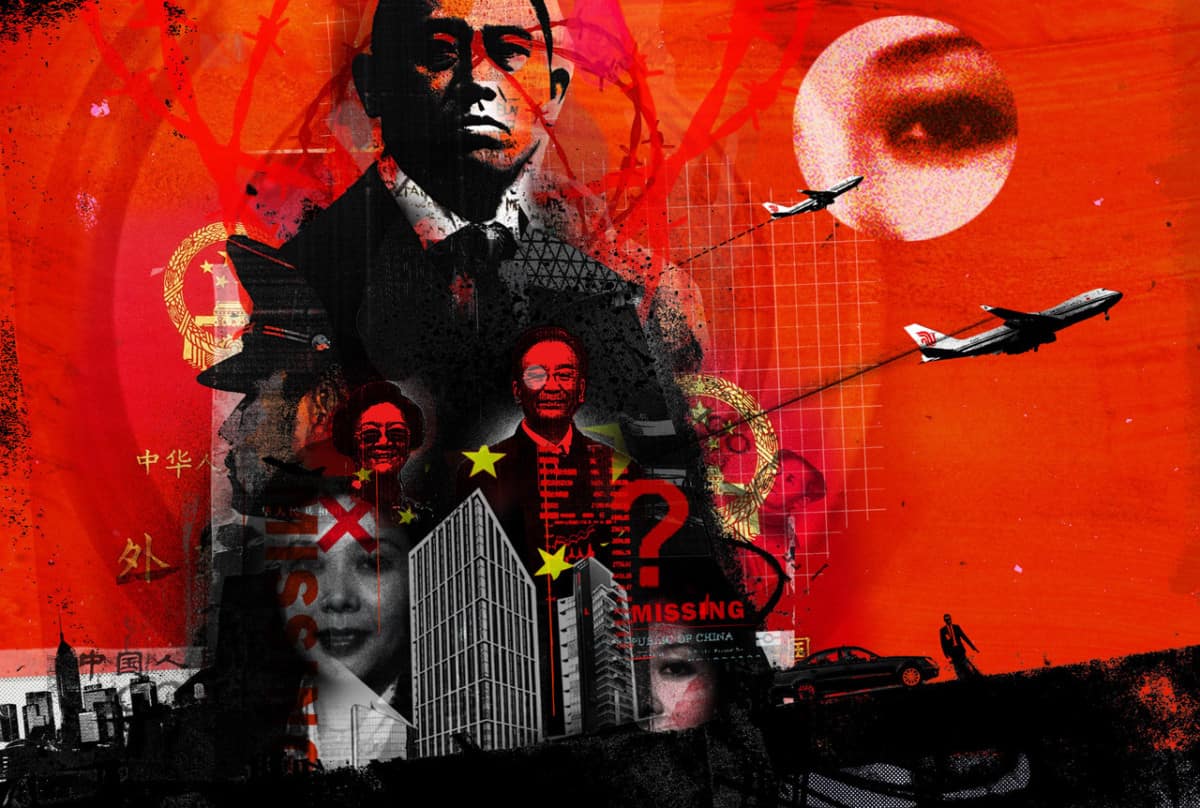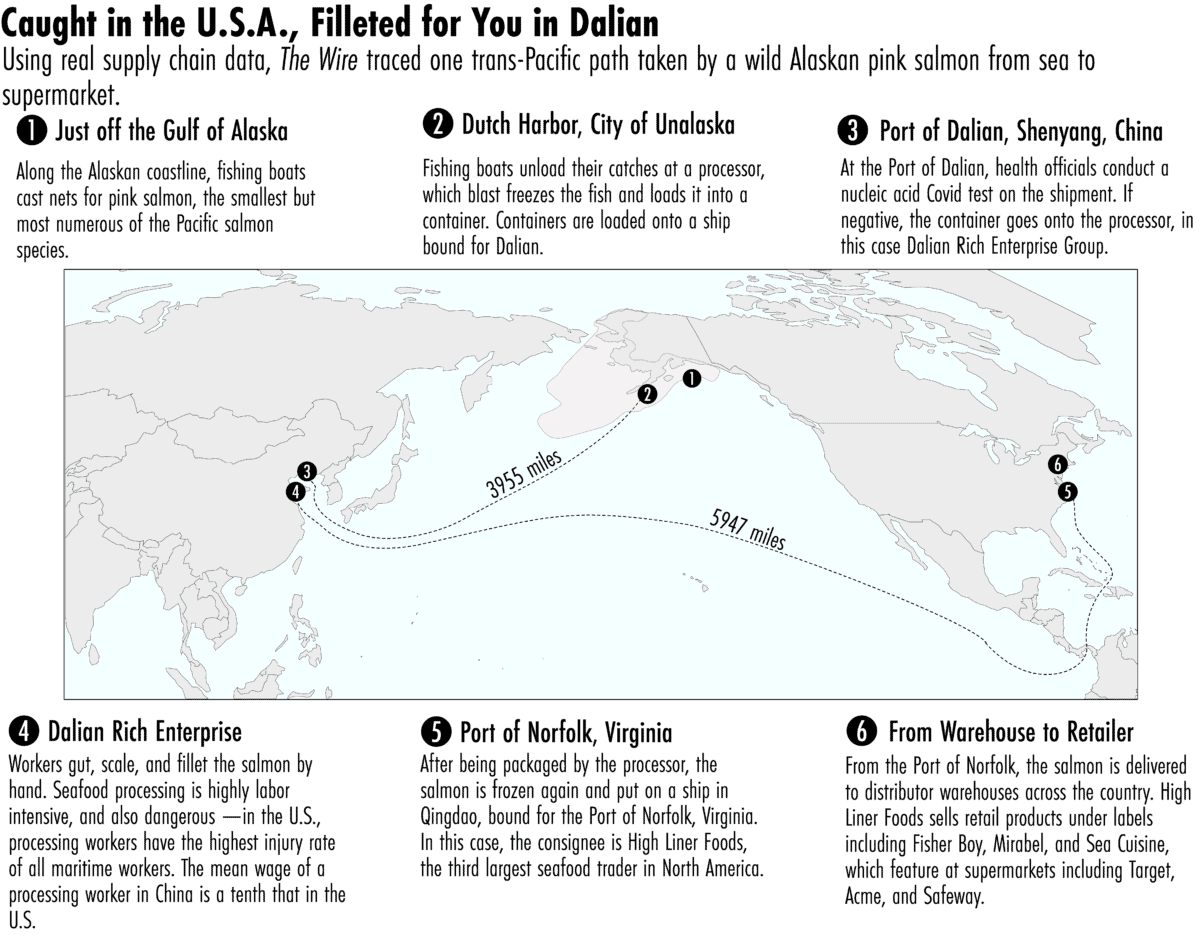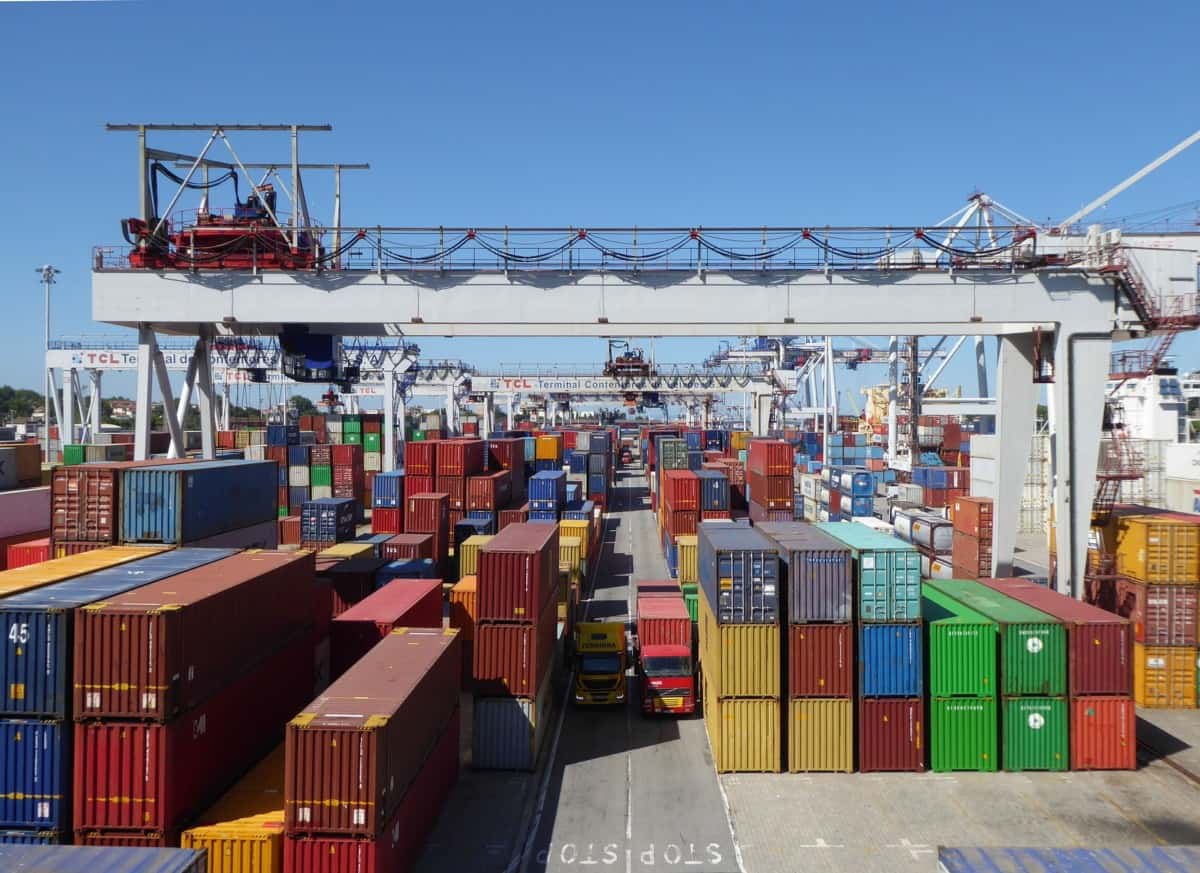Good evening. From Jack Ma to Didi, the dangerous nexus of business and politics in China has dominated headlines recently. This week, we’re excited to bring you a very different perspective on the subject: an excerpt from Desmond Shum’s new memoir, Red Roulette: An Insider’s Story of Wealth, Power, Corruption and Vengeance in Today’s China. It’s a personal account of ambitious businesspeople wheeling and dealing with the ‘red aristocracy’ as well as the very real stakes involved. Elsewhere, we have a Q&A with Jessica Drun, from the Project 2049 Institute, on why the discourse around Taiwan is so often flawed; infographics on the surprising circle of the seafood supply chain; reporting on why the shipping container logjam is not going away, an op-ed by Eric Schmidt on the democratic world’s responsibility in the AI revolution; and a new letter to the editor from James Millward further examining our June 27th cover story on Esquel Group. If you’re not already a paid subscriber to The Wire, please sign up here.
Want this emailed directly to your inbox? Sign up to receive our free newsletter.

The Missing Mogul
Whitney Duan was one of China’s most successful female entrepreneurs. She helped build multi-billion dollar developments, including the Beijing Airport Cargo Terminal and the Bulgari Hotel in Beijing, and she was closely connected to political elites, especially the wife of former premier Wen Jiabao. But in 2017, she disappeared from the streets of Beijing and hasn’t been seen since. In a new memoir — excerpted here for the first time — her business partner and ex-husband, Desmond Shum, tells their story.

Data: Panjiva, Alaska Department of Fish and Game, National Geospatial Intelligence Agency
The Big Picture: Fishy Business
China is one of the leading destinations for freshly-caught U.S. fish. But as this week’s infographics show, those fish are often then processed and sent back to America. Eliot Chen looks at how the fish we eat arrive in our stores — and how that may be changing following the Covid pandemic.
A Q&A with Jessica Drun

Jessica Drun is a non-resident fellow at the Project 2049 Institute, a think tank that focuses on U.S. interests in the Indo-Pacific region. In this week’s Q&A, she talks to James Chater about U.S. policy regarding Taiwan. The discourse on Taiwan is often flawed, Drun says, even among U.S. policymakers. She explains what the One China policy is and is not, and how Beijing attempts to hijack the narrative.
Jessica Drun
Illustration by Kate Copeland

Boxed In
The world’s third busiest container port and a major gateway for Chinese exports was recently re-opened after being closed for two weeks because of a single positive Covid-19 case. As Anastasiia Carrier reports this week, the incident exposed the sensitivity of tightly-wound global supply chains, and experts say they don’t expect the logjam to improve anytime soon.

The AI Revolution and Strategic Competition with China
AI will reorganize the world and change the course of human history, argues Eric Schmidt, a former CEO and chair of Google/Alphabet who is now Chair of the National Security Commission on Artificial Intelligence. In this week’s op-ed, he explains how and why the democratic world should lead that process.

Letters to the Editor
In Katrina Northrop’s June 27 cover story, “Hemmed In,” she profiled Marjorie Yang and her company, Esquel Group, a Hong Kong-based textile giant that was placed on the U.S. government’s trade restriction ‘Entity List’ for its links to forced labor in China’s western Xinjiang region. (Esquel is now seeking to be removed from the list.) In response to Northrop’s article, William H. Overholt, a senior research fellow at Harvard’s Kennedy School, wrote a letter to the editor, looking back at his experience meeting Yang and visiting her factories. In the letter, he took issue with the U.S. decision to sanction Esquel, arguing that the company was “the world’s most socially responsible company.” Overholt also appeared on a recent Sinica podcast to discuss the issue. Now, Georgetown University Professor James Millward, an authority on China and Xinjiang, has written his own letter to the editor to further examine this important topic.
Subscribe today for unlimited access, starting at only $19 a month.



